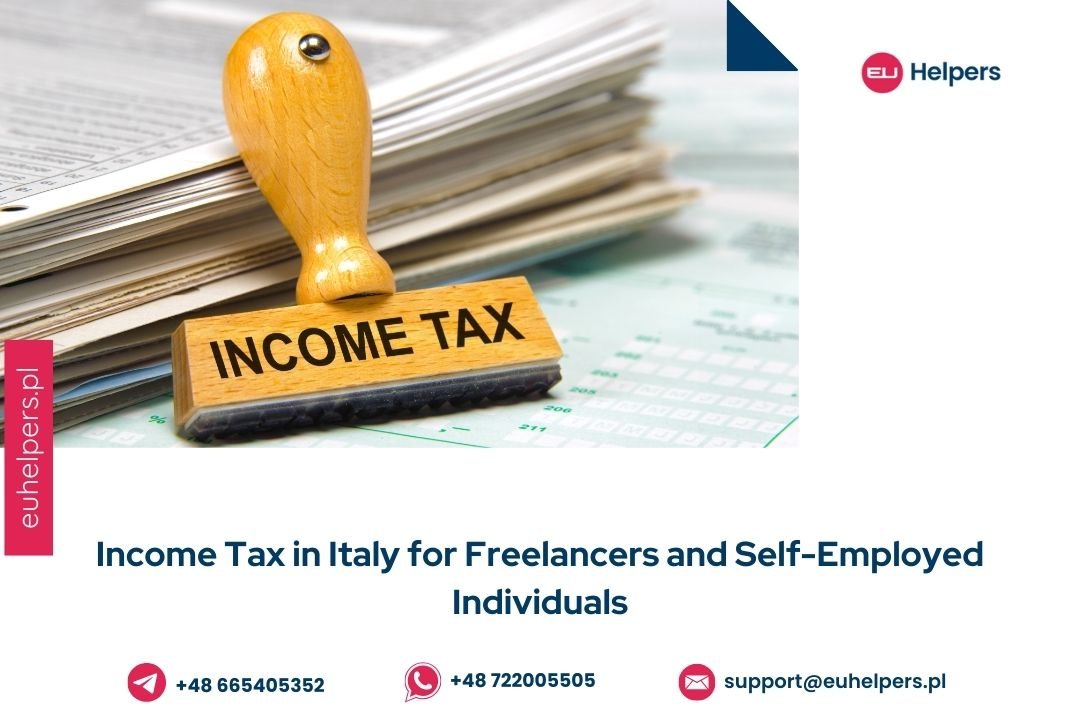Freelancers and self-employed individuals in Italy have the option to operate under one of two main business structures, each catering to specific types of professions:
1. Sole Proprietorship (Ditta Individuale): This business type is designed for self-employed entrepreneurs engaged in commercial activities, particularly within the sales sector.
2. Freelancer (Libero Professionale): This classification applies to self-employed individuals who perform intellectual or professional services, such as consultants, legal professionals, or journalists.
Regardless of the type of business chosen, all self-employed individuals are required to file an annual tax return and pay income tax in Italy. This obligation applies whether you are a sole proprietor or a freelancer.
For those establishing a business in Italy for the first time, selecting the appropriate tax regime is a key decision. You can opt for the standard tax rates, which are generally applied to employees, or the forfettario regime, a simplified single-tax system introduced in 2015. This regime offers a more straightforward approach to taxation and is particularly beneficial for new entrepreneurs or small-scale businesses.
Understanding the nuances of these tax systems can help you manage your financial obligations more effectively and ensure compliance with Italian tax regulations.


